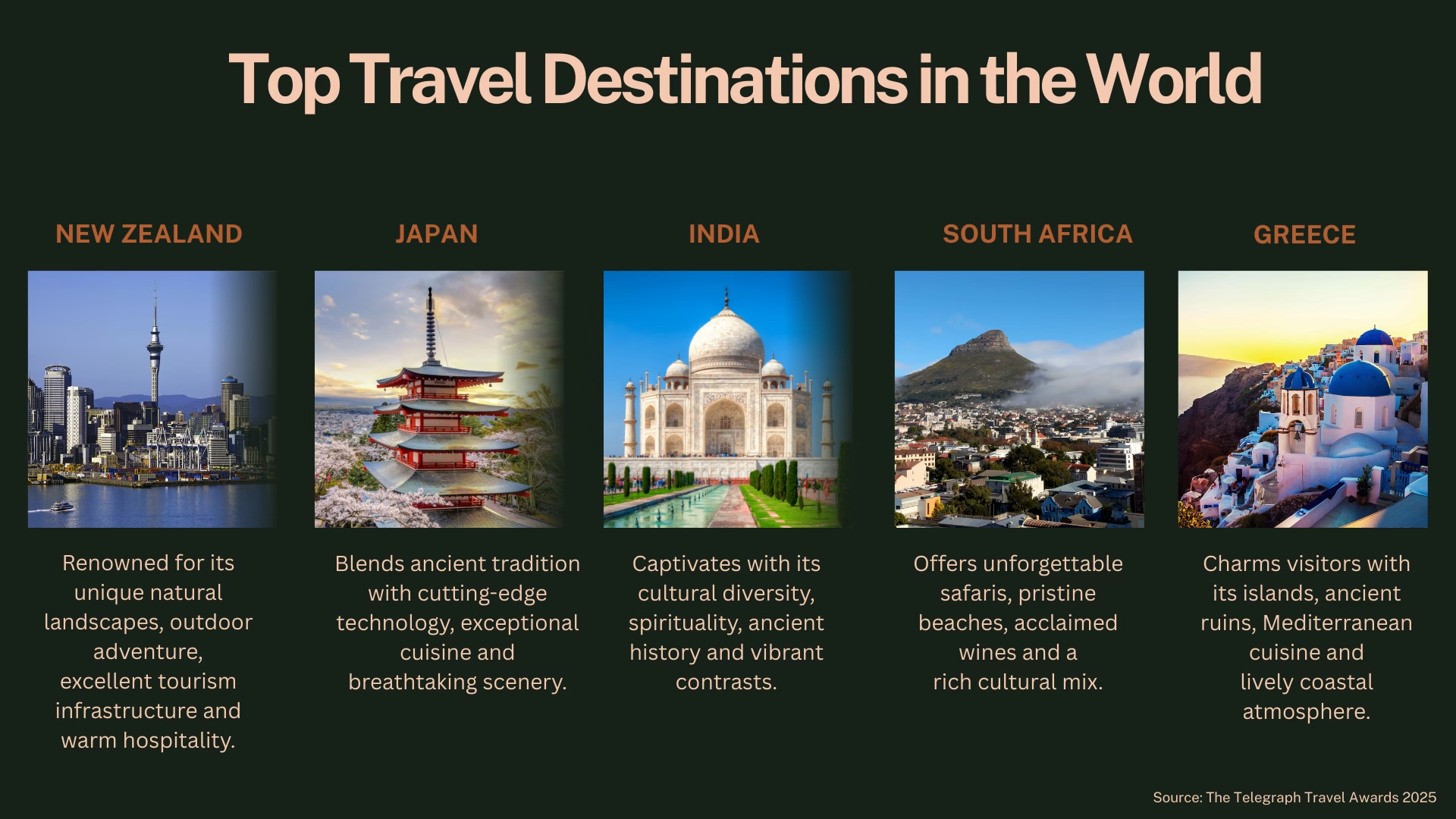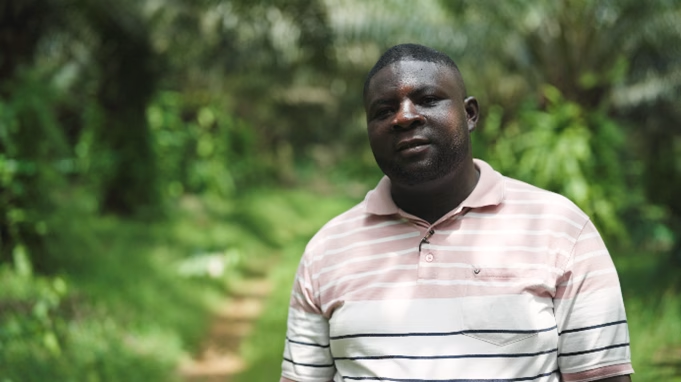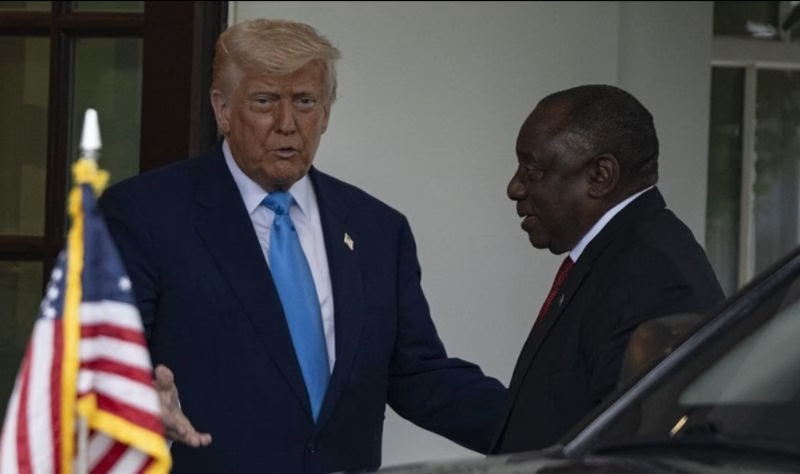By Michael Kent, Founder & Executive Chairman of Azimo
This time last year, the world was in collective shock. Lockdowns were wreaking havoc on economies around the world as governments struggled to respond to the pandemic. Trusted institutions were making predictions worthy of a news ticker in a disaster movie. So when the World Bank forecast a 20% decline in global remittances volumes in 2020, it seemed plausible.

The doomsayers were wrong, to a degree. By October 2020 the World Bank had revised its forecast to a drop of just 7%. The actual fall in remittance volumes for 2020 turned out to be just 1.6%. As in the financial crisis of 2007, economists had underestimated the ingenuity and determination of migrant workers.
Much of the world is now breathing a collective sigh of relief. Asian countries like Pakistan probably averted an economic crisis thanks to record remittance payments. The picture in Africa is more nuanced. Recent headlines point to a 12.5% fall in remittances to Sub-Saharan Africa in 2020. But this was almost entirely caused by a 28% drop in remittances to Nigeria, the continent’s largest economy.
Excluding Nigeria from the data shows that remittance flows to Sub-Saharan Africa rose by 2.6%. This is an excellent result for developing countries, especially given that in most cases remittances now make a larger contribution to capital flows than foreign direct investment or aid.
But we must not mistake this stay of execution for a full pardon. Nothing holds out indefinitely against economic gravity, especially when government support is removed. For this reason, remittances should be part of the recovery plan for all nations as they vaccinate their populations and reopen for business.
The work starts in the developed world where wealth and infrastructure have ensured a faster recovery. Banks and traditional high street money transfer shops must reduce their fees. The average cost of a global remittance remains 7% of the amount sent. This is inexcusable in a world where digital providers can charge less than half that and still make a profit.
Government has a role to play as well. European nations, and the UK in particular, should think carefully about migration policy in a post-Covid world. If migrant workers don’t see easy ways to get back into the workforce, they will leave in search of better opportunities elsewhere. The UK’s Office for National Statistics says that a million already have. Contrary to rightwing stereotypes, few migrant workers are interested in a life on benefits. They have families to feed back home.
On the ground in Africa, European fintech companies must partner with domestic financial service providers to provide a better service to recipients. When the technology of a Nigerian bank integrates seamlessly with a remittance company like Azimo in London, the end result is faster, cheaper transfers for sender and recipient alike.
The faster money moves around an economy, the better the outcomes for all concerned. Money works its way through the system in the form of trade and increases tax revenues along the way. Today’s remittance payment is tomorrow’s infrastructure project. For this reason, the governments of African nations should encourage and enable international cooperation wherever they can.
Finally, it is worth noting that industries dependent on migrant labour suffered most during the pandemic. Construction, retail, hospitality. As economies reopen, demand for these industries will spike.
This is a golden opportunity for international cooperation that benefits all. Migrant labour brings full employment and high tax revenues to developed countries. The money that they send home brings stability to Africa. Faster, cheaper remittances allow everyone to win.











